About COMCARE Adult Mental Health Services
Comcare Adult Mental Health Services offers a variety of services to help those struggling with mental health issues. These services include dual diagnosis, adult and elderly rehab, young adult rehab, outpatient rehab, cognitive behavioral therapy, dialectical behavior therapy, family therapy, group therapy, individual therapy, and trauma therapy. With so many options available, Comcare is able to tailor their services to meet the specific needs of each individual client. Whether you are struggling with addiction, mental illness, or both, Comcare can help you find the path to recovery.
Addiction Treatment Programs
Dual Diagnosis
It’s common to have both a mental health disorder and substance use problems. The right rehab in Kansas can treat both issues. A mental health diagnosis can feed into an addiction, making both worse. In a dual diagnosis program, these concerns are addressed along with typical evidence-based detox, inpatient treatment, and outpatient care.
Adult Program
An adult program in Kansas helps clients overcome substance use and address issues such as employment and family. Adults often have challenges related to their careers, raising a family, and handling responsibilities. These concerns are addressed during evidence-based detox, inpatient treatment, and outpatient care.
Young Adult Rehab
A young adult rehab in Kansas can provide every level of care while addressing the unique needs of young adults. Young adults often have questions about starting their careers, having a family, and living independently without overspending. These concerns are addressed along with typical evidence-based detox, inpatient treatment, and outpatient care.
Senior Rehab
Insurance Coverage
Medicaid
How do you pay for rehab in Kansas? If you qualify, a good option is Medicaid. Programs that accept Medicaid can offer any level of care, including detox, inpatient, and outpatient. Your out-of-pocket costs, if any, are likely to be very low.
Private insurance
How do you pay for rehab in Kansas? If you have private insurance, consider using your coverage to pay for some or all of the costs of treatment. Plans vary, so be sure to contact your insurer for details. You may have out-of-pocket costs such as deductibles and copays.
Self-pay options
Self-pay for addiction treatment in Kansas can give you maximum freedom in choosing your treatment center. You can write a check, use a medical loan, or send money electronically. The fee schedule may differ depending on the level of care.
Financial aid
Paying for rehab in Kansas can be done in multiple ways, including using financial aid programs if you qualify. Finding aid programs takes some research. Look for community groups or nonprofits in your area that may offer assistance, or ask individual treatment centers if they offer scholarships and grants.
Financing available
Paying for rehab in Kansas can be done in multiple ways, including using financing options if they are available. Financing options such as payment plans, scholarships, grants, and even medical loans make rehab more accessible. You can use these methods to pay for detox, inpatient treatment, outpatient care, and more.
Sliding scale payment assistance
Paying for rehab in Kansas can be done in multiple ways, including finding a program with a sliding scale payment plan. You qualify for a lower fee for detox, inpatient treatment, or outpatient care based on your income and family size.
Medicare
When you’re planning to use Medicare to pay for rehab in Kansas, there are a few details to keep in mind. Your coverage can pay some or all of the costs of rehab. Different Medicare plans have different coverage details, and it’s important to choose a center that accepts your plan.
Military insurance
Paying for rehab in Kansas can be done in multiple ways, including using military insurance. Your insurance plan can cover some or all of the cost of treatment. You’ll need to contact your insurer to find out what centers are in-network with your plan and what out-of-pocket costs you may be responsible for.
Levels of Care
- 1
Outpatient Rehab
For many people, it’s important to be able to work and attend school during treatment, and outpatient treatment in Kansas gives you that opportunity. Finishing residential treatment is a big step, and outpatient care allows you to have support while you learn to apply your new skills and habits in real-life situations.
Therapies
Cognitive Behavior Therapy
Cognitive behavioral therapy acknowledges that your thinking impacts your emotions and actions and helps you create healthier thought patterns. As you learn to identify thought distortions, your confidence in your ability to manage a wide variety of situations will grow. You’ll have the tools you need to address problems and manage triggers in a healthy way.
Dialectical Behavior Therapy
Dialectical behavioral therapy acknowledges that your confidence and coping skills have a big impact on your substance use habits. As you learn helpful coping strategies, your confidence in your ability to manage a wide variety of situations will grow. You’ll have the tools you need to address problems and manage triggers in a healthy way.
Family Therapy
Talking about what we’re going through is an important way to heal, and family therapy in Kansas gives you that opportunity. You have a safe environment to address challenging relationships, trauma, and other issues. Substance use treatment includes detox, inpatient treatment, and outpatient care, and family therapy may be a part of each of these stages. The goal is to help families address past events and broken relationships and develop healthy ways of relating to each other.
Group Therapy
Talking about what we’re going through is an important way to heal, and group therapy in Kansas gives you that opportunity. Sessions generally last 60 to 90 minutes and give you a chance to discover others’ experiences, hear about the impact of substance use, and learn important new life skills.
Individual Therapy
If you struggle with addiction in Kansas, it’s common to feel like no one understands you. Individual therapy can help you find professional support. During individual therapy, you have the freedom and confidentiality to share personal issues and past experiences that may impact your substance use. Your therapist will help you work through those concerns and develop new ways of handling them.
Trauma Therapy
During trauma-informed therapy in Kansas, clients will receive support that acknowledges what they’ve been through and helps them craft a healthier response. Because trauma can be a significant trigger for substance use, trauma-informed therapy will help you understand what happened to you, realize that it was wrong, and create a healthier way of relating to that memory and the emotions you feel.
Location
Contact COMCARE Adult Mental Health Services
Top Drug Rehab Centers in Kansas
-
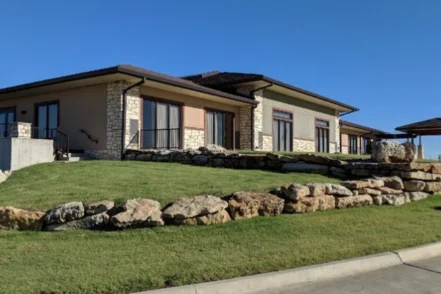 Kansas
KansasBel Aire Recovery Center
4969 N Tierra Lakes Pkwy Greenwich, Kansas 67226
-
 Kansas
KansasMirror Kansas City
6723 State Avenue Kansas City, Kansas 66102
-
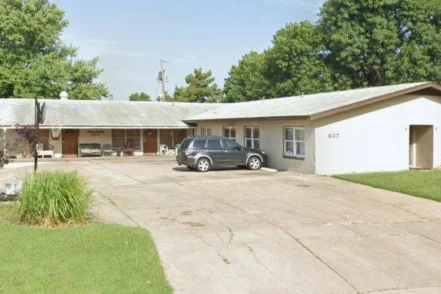 Kansas
KansasAtishwin Institute
937 South Bluffview Street Wichita, Kansas 67218
-
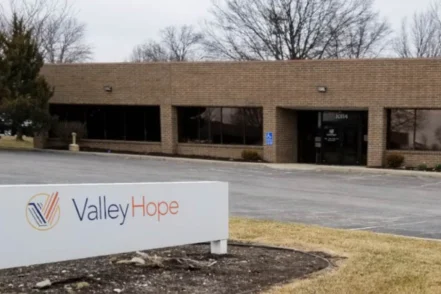 Kansas
KansasValley Hope of Overland Park
10114 West 105th Street, Suite 100 Overland Park, Kansas 66212
-
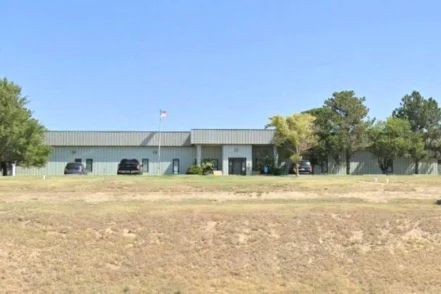 Kansas
KansasNew Chance Dodge City
2500 East Wyatt Earp Boulevard Dodge City, Kansas 67801
-
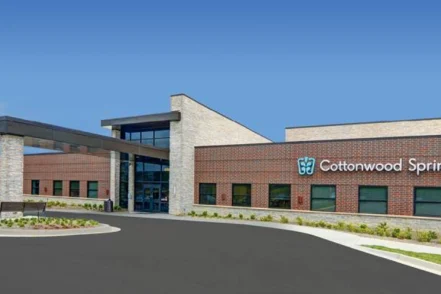 Kansas
KansasCottonwood Springs
13351 S. Arapaho Drive Olathe, Kansas 66062
-
 Kansas
KansasFull Circle Education and Counseling
11605 South Burch Street Olathe, Kansas 66061
-
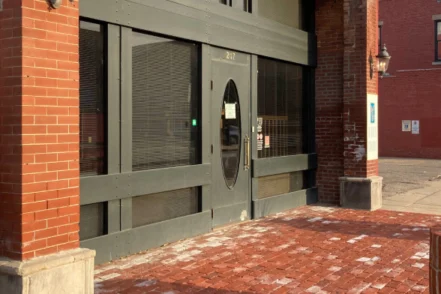 Kansas
KansasHigher Ground Wichita
247 North Market Street Wichita, Kansas 67202
-
 Kansas
KansasValley Hope of Atchison
1816 North 2nd Street Atchison, Kansas 66002
-
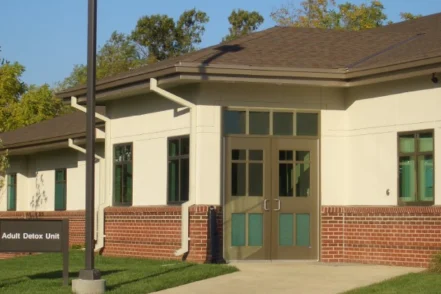 Kansas
KansasJohnson County Mental Health Center Adult Detox
11120 West 65Th Street Shawnee, Kansas 66203